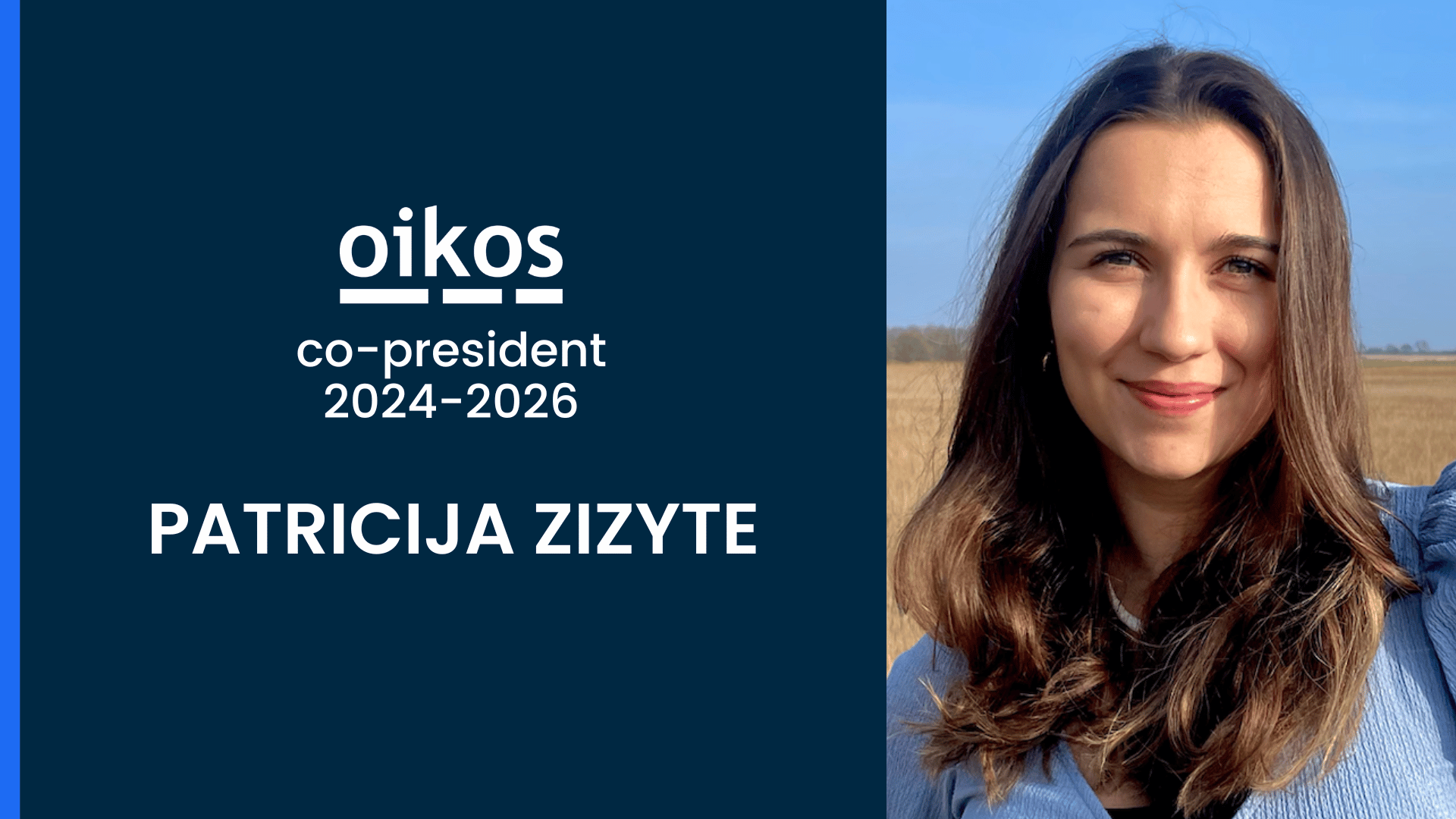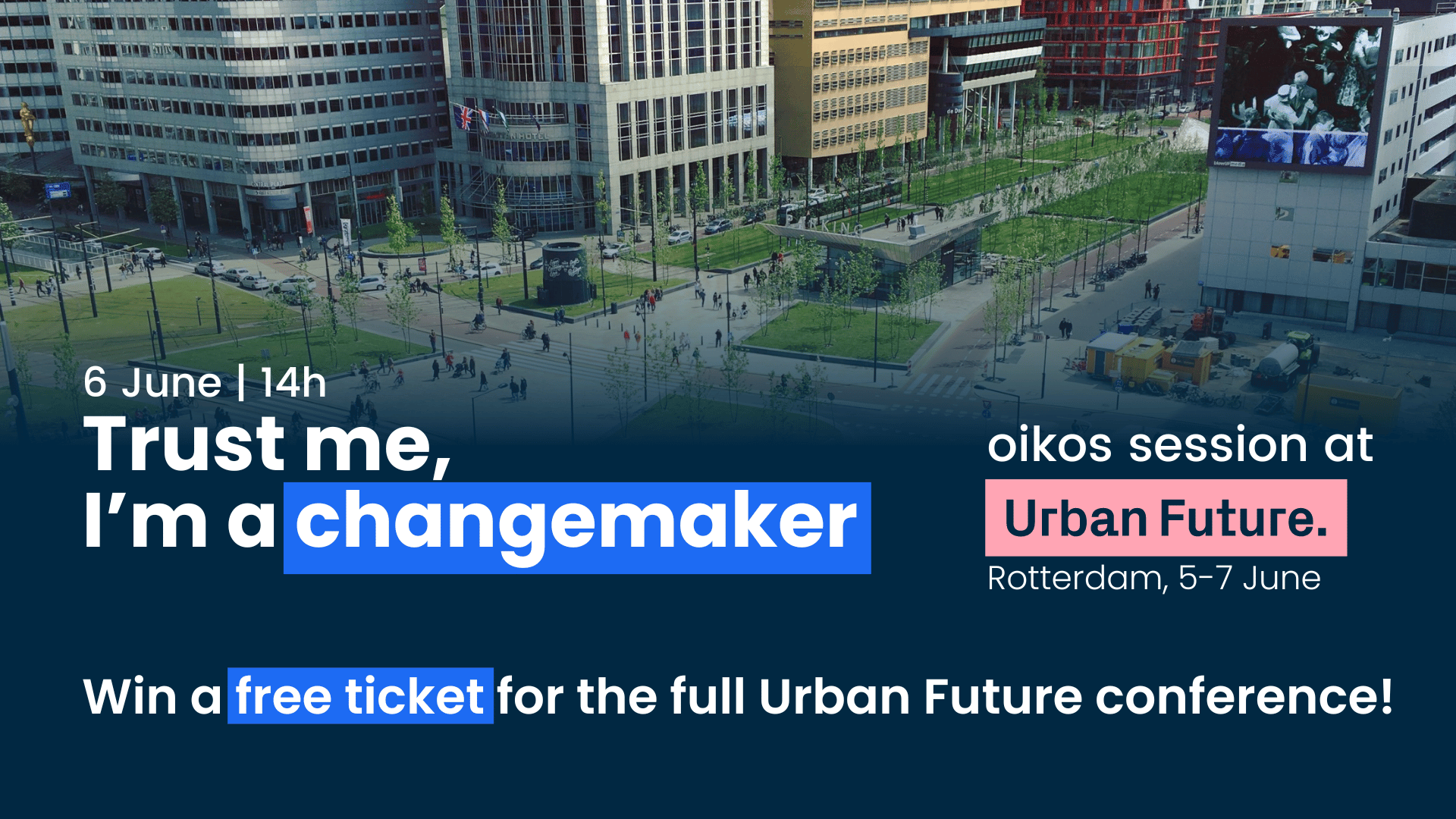
Author: Oliver Braunschweig, co-founder and co-president of oikos NYC.
On July 18th and 19th 2017 a group of fine, dedicated, critical, and engaged teachers, professors, and heads of Academic programs and schools came together to celebrate and collaborate. It was the ten year anniversary of the UN PRME, the Principles on Responsible Management Education. PRME is the “largest organised relationship between the United Nations and business schools, with the PRME Secretariat housed in the UN Global Compact Office”, and it focuses on the SDGs, the Sustainable Development Goals. As the president of oikos NYC I was so lucky to participate and represent the oikos network at this celebration.
I was very positively struck by the genuine drivenness, interest, and critical approach to learning that I encountered there. Of course, my personal experience there offers only a small glimpse into the actual makeup of this network of schools and of the people active in it, but I was impressed by what I saw. The discussions I had there with professors, lecturers, heads of educational programs, and activists were engaged and constructive. The workshops I was lucky enough to participate in used innovative and engaging educational approaches, and educators were eager to share their ways to engage students to better understand the multiple facets of what it means to be an active member of society. The PRME being about Business Education this meant looking for ways to go beyond a simple focus on profitability, but to include political, social, and ecological issues as well, or rather: to make sure that profitability is aligned with these other aspects of sustainable development.
Out of the many projects shown there, I’ll quickly present two which left an impression on me for one reason or another, the third being the one I presented there on behalf of oikos international. Further below you’ll find a few more links to diverse projects, videos, and articles:
One educator who was present at PRME had started a movement where students would wear their clothes inside-out for a few days every year. This started a lot of conversations about who made the clothes we wear, raised awareness, and even went as far as to give rise to demands for companies to publish information about the social impact of their supply chain.
Another really cool tool which was developed and presented at PRME17 is GapFrame . Its basic goal is to give a good overview over the SDG-compatibility of countries at a glance, enabling people to quickly understand the most important challenges for each country. (Check out their awesome video explaining how it works or read one of the Academic papers underpinning the tool here) But for all of those who would like to know it at a basic level: It plots how well countries, regions, and industries do when it comes to the SDGs and a few more issues. Through this, it gives scores based on how urgent action is, following the 80/20-rule, i.e. focus on where you’re worst first, because it will be the most rewarding course of action. I immediately thought that this is a great way to prompt students to see through the thicket that the SDG might seem like at a first glance. And it might help focus new research in order to get closer to a long-term livable world.
As part of the student representative, I was able to present the oikos PRME Research Hub. It is a place where students can upload their own research and work on issues related to issues of sustainability (and to the Sustainable Development Goals in particular). Instead of having all of these term papers be lost in a folder on a computer, this creates an easily searchable repository for many pieces of work created every year at schools and universities, and it allows students to publish research while retaining full ownership over their work.
In ending this short report, I would like to congratulate the whole UN PRME team on a very successful ten year anniversary. It gave room to celebrate, to look forward to more SDG education, to learn, and to share ideas. The days went very smooth and the speakers were very well-chosen which let shine through how much care was put into organizing the conference. In total, it is my opinion that the team made the most out of the conference and it is indeed a great pleasure to have been there.
And here are, as promised, a few more resources in case you’re looking for more collaborative tools and some more info:
Sulitest (a tool which allows to test and improve sustainability literacy),
Wikirate (an online collaborative tool to research corporate impact and publicize it
Or take a look at these videos online:
excerpts from UN PRME ,
the whole livestream of the event here (day 1 and day 2 )



